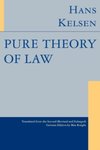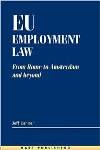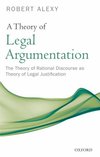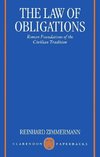
-
 Anglický jazyk
Anglický jazyk
The role of judges in the English legal system. Should judges create a new law?
Autor: Karl Luis Neumann
Seminar paper from the year 2015 in the subject Law - Civil / Private / Trade / Anti Trust Law / Business Law, grade: 1,2, Anglia Ruskin University (Ashcroft International Business School Cambridge), language: English, abstract: Different to the vast majority... Viac o knihe
Na objednávku, dodanie 2-4 týždne
14.76 €
bežná cena: 16.40 €
O knihe
Seminar paper from the year 2015 in the subject Law - Civil / Private / Trade / Anti Trust Law / Business Law, grade: 1,2, Anglia Ruskin University (Ashcroft International Business School Cambridge), language: English, abstract: Different to the vast majority of the European Countries the legal system in the United Kingdom is not based on a constitution. English law is uncodified, this means that the laws of certain areas of law are not systematically bundled into one specific code.
Basically, the English law is composed of three elements: directly enforceable EU law, common law and legislation created through Parliament whereas the latter is the highest form of UK law. Under British Constitutional Law the Parliament is sovereign. Following the traditional interpretation of Parliament Sovereignty "it has the power to make any statutes on any subject matter, and British courts are bound to enforce that laws" without questioning their validity. Contrary to countries with a written constitution, UK courts do not have the power to overrule statutes that appear to be unconstitutional.
Characteristically, judges have a significant role within the English legal system. Unlike the, for example, German legal system judges in the United Kingdom do not only decide on cases according to existing laws but also are able to create and influence laws. Due to the unique role of judges in the English court system the Doctrine of Precedent and Statutory Interpretation were manifested as principles of the national court system.
Consequently, this paper will discuss the following statement in the light of the Doctrine of Precedent, the rules of Statutory Interpretation and whether judges should be creating new law. "It is not for the judge to invent fancied ambiguities as an excuse for failing to give effect to its [legislation] plain meaning because they themselves consider that the consequences of doing so would be inexpedient, or even unjust or immoral."
- Vydavateľstvo: GRIN Verlag
- Rok vydania: 2018
- Formát: Paperback
- Rozmer: 210 x 148 mm
- Jazyk: Anglický jazyk
- ISBN: 9783668716407



 Nemecký jazyk
Nemecký jazyk 







